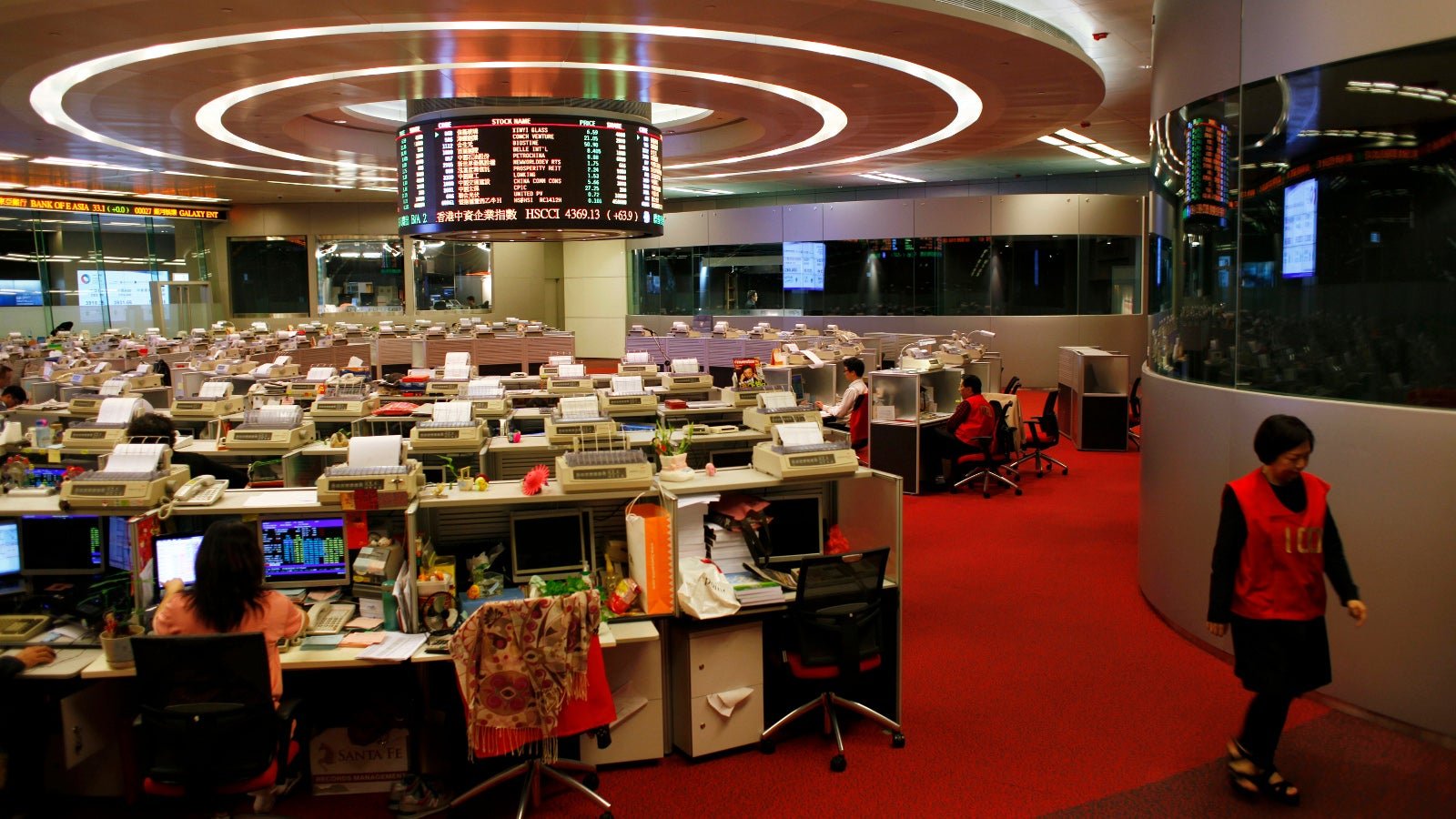How an allegedly fraudulent Chinese company may have bilked investors out of $650 million
Is Tianhe Chemicals, a Chinese industrial firm that went public on Hong Kong’s stock exchange in June, a massive fraud?


Is Tianhe Chemicals, a Chinese industrial firm that went public on Hong Kong’s stock exchange in June, a massive fraud?
That’s the allegation raised by Anonymous Analytics, a faction of the online hacking group that uses financial analysis to expose corporate malfeasance. The group’s report, though uncredited, presents convincing evidence that Tianhe bamboozled investors before raising $650 million in its IPO.
After the report was released, Tianhe voluntarily suspended trading of its shares, pending a promised response, but said in a brief statement that the report was erroneous and misleading.
The essential allegation is that Tianhe told two different stories about its revenue to the government and its investors, and the story it told its investors is only plausible if mysterious companies managed by people with financial interests in Tianhe are stockpiling huge quantities of industrial chemicals without alerting competitors or affecting market prices.
The authors of the report found that Tianhe’s tax filings with the government, a frequent source of information for short-sellers questioning the claims of Chinese companies, imply dramatically lower revenues than it had reported—in 2012, the company’s revenue was some 85% less than reported.
Public reports of aggregate tax revenue in the areas where the company operate also suggest a large discrepancy. The report even reproduces two conflicting income statements filed by the company with Chinese authorities, only one of which matches its IPO prospectus.
Then there are sales: the authors of the report say many of the companies listed as purchasers of Tianhe products are connected to Tianhe management. Visits to their listed addresses lead to empty offices, not companies in need of hundreds of millions of dollars worth of industrial chemicals. A similar pattern of connected purchasers was seen in the allegations of fraud at Sino-Forest by the short-selling firm Muddy Waters in 2011.
Tianhe executives’ claims that revenues are growing because of the sale of anti-mar agents, which are used to treat touch screens to make them resistant to fingerprints, seem problematic: The eight tons supposedly sold in 2013 outstrip a plausible calculation of the annual global demand at four tons, and the company isn’t even the top supplier of the product to the Chinese companies making most of the world’s touch screens.
The report also noted two other telling factors: Tianhe has the lowest R&D spending of any of its competitors in an industry reliant on technical expertise, and it’s reported operating margins of 60% in 2012 and 2013 were more than twice as high as its larger and more established competitors.
A fraud of that magnitude wouldn’t go unnoticed, and perhaps markets aren’t as dumb as they seem: For all the money the company was able to raise just months ago, the stock remains one of the most shorted on the Hong Kong market, according to Markit data reported by Reuters, four-fifths of shares that could be borrowed by investors seeking to bet against the stock were on loan.
If these charges are further substantiated, the revelations will be a black eye for regulators in China and for Deloitte, Tianhe’s auditor, and the banks that underwrote its IPO: Bank of America Merrill Lynch, Morgan Stanley and UBS.